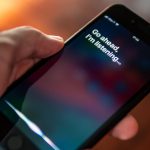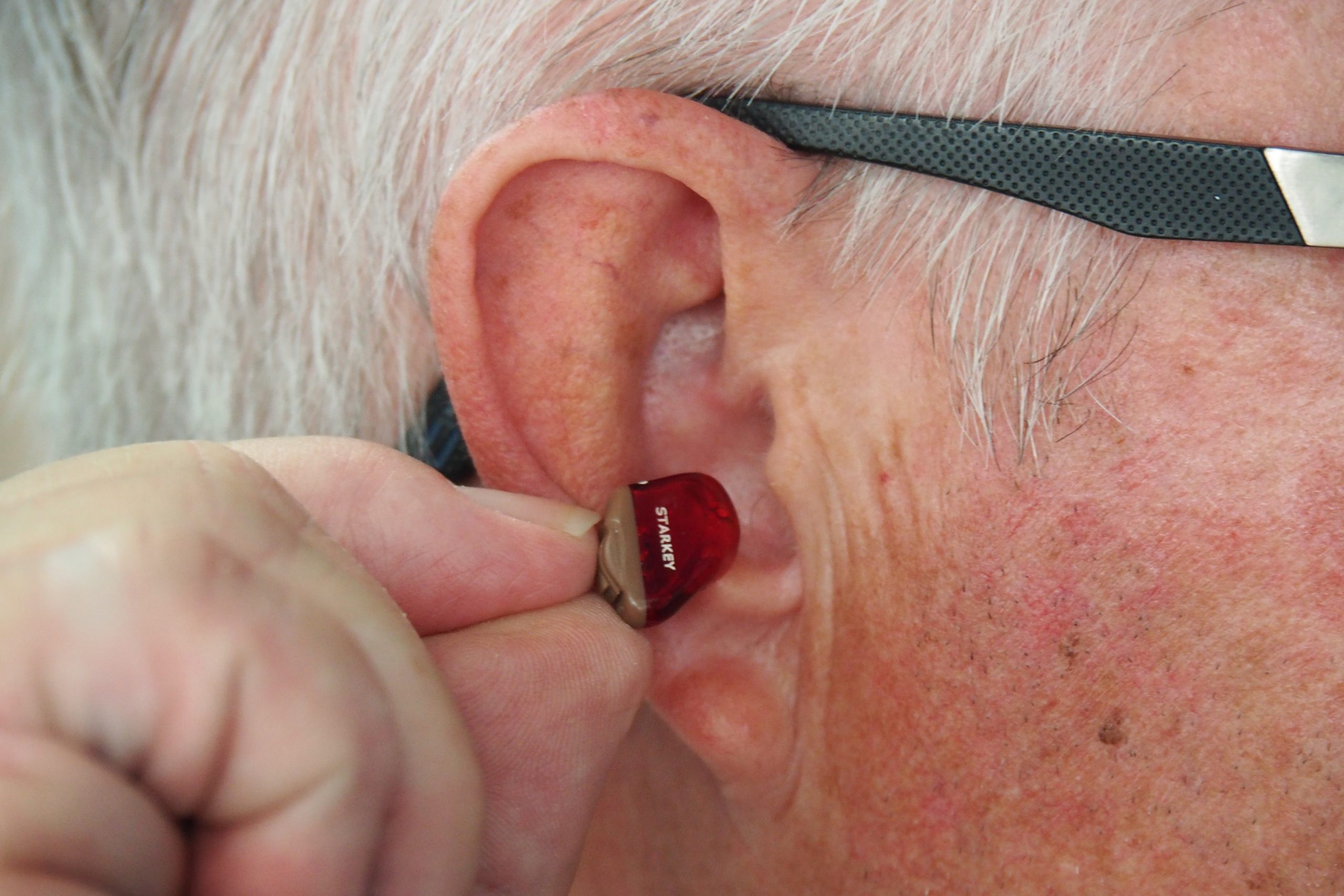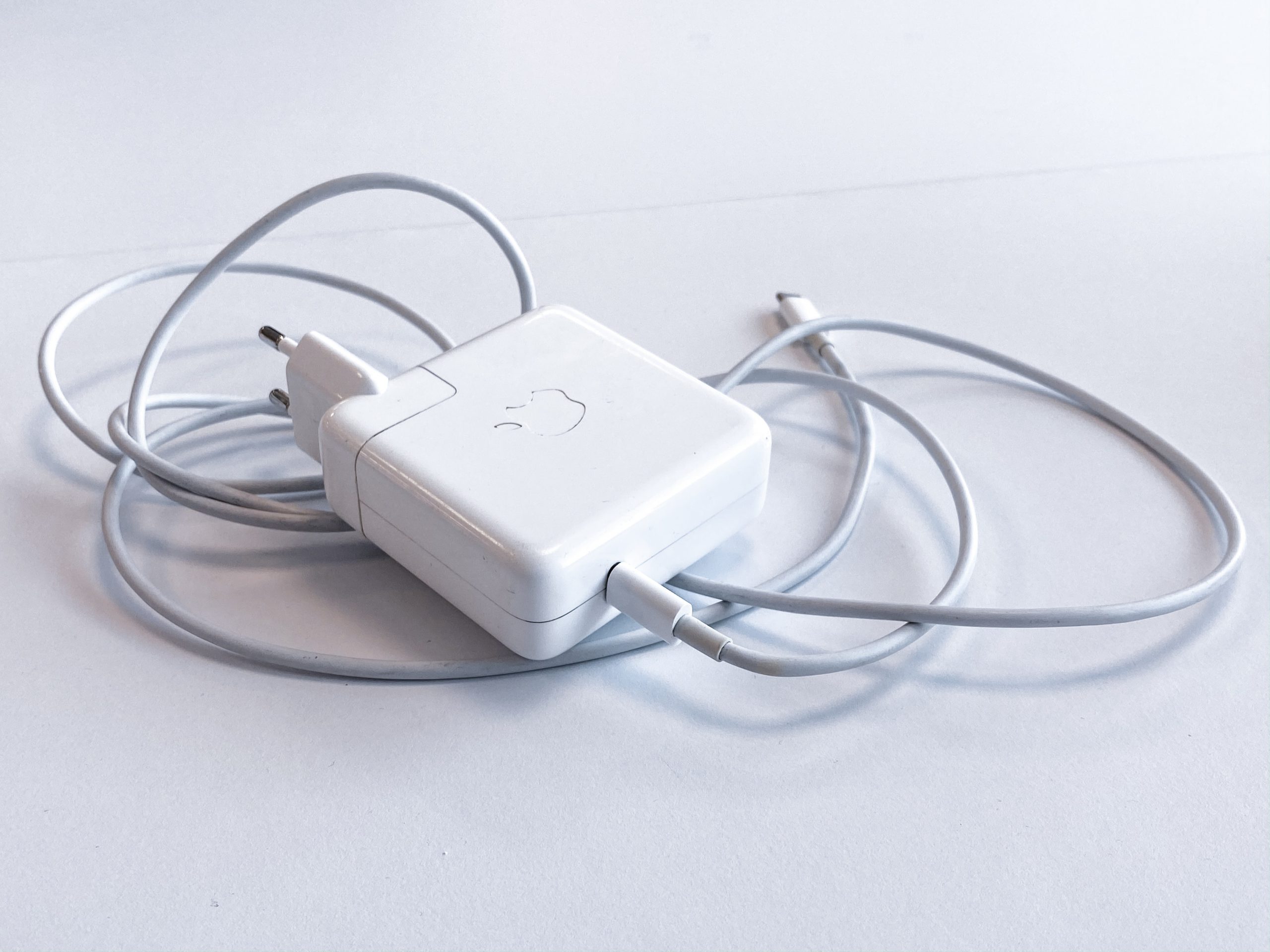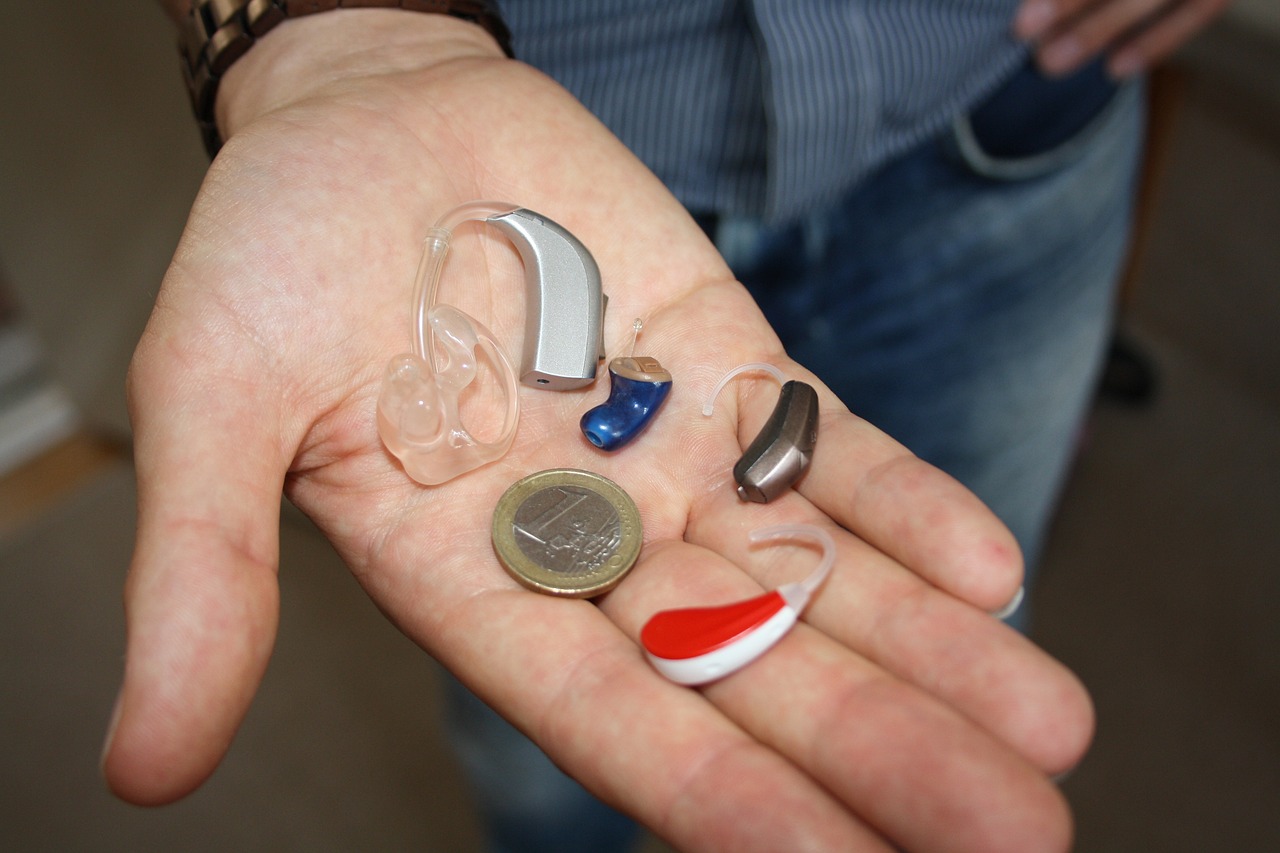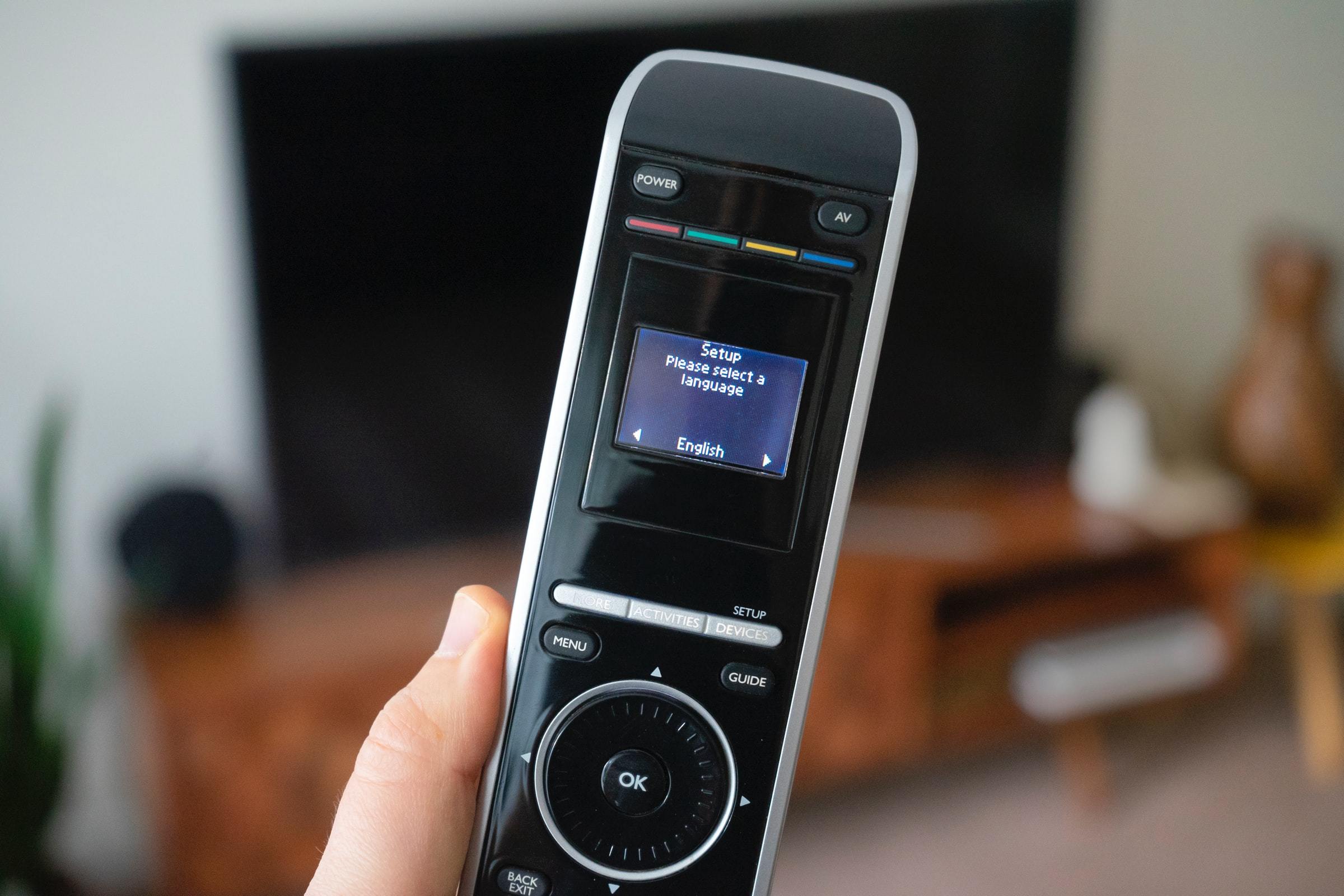
Talking on the telephone is an everyday area of life that can be made especially more difficult by hearing loss. Difficulty in hearing the person at the other end of the line can make keeping in touch with friends and family a laborious – even frustrating – experience, and can make it hard to access services others take for granted.
Luckily there is technology available just for this!
Contents
How Are Amplified Phones Different?
Simply put, an amplified phone is a phone that is louder than an ordinary telephone. Many are also equipped with a frequency booster to help users hear high-frequency sound (which is often trickier to hear when you have hearing loss).
Amplified phones don’t just improve your experience when the line is active, however. For those who struggle to see up close, they can come with large, extra-visible buttons. Some produce ultra-audible (i.e. very loud!) ringtones, so that you never miss an important call, while still others have a bright flashing ‘incoming call’ light which lets severely hearing-impaired people know with visual cues that it’s time to pick up the receiver.
That’s the idea: amplified phones make using telephones easier for those with hearing loss, producing a range of benefits for the user.
Can I Use A Hearing Aid With My Landline Phone?
Let’s stop for a second; you may be thinking “If I already have a hearing aid, then why do I need an amplified phone?” While many phones and hearing aids are compatible with so-called ‘hearing loop’ or telecoil technology, this technology still has limited uptake and only works with correctly-equipped hearing aids — it might be best to ask your audiologist for more information.
Landline add-ons that can transmit or connect to certain hearing aids are available (for a price), but they often require an initial setup and the use of a microphone worn around your neck.
While there are options available, the unfortunate truth is that these options still leave much to be desired.
What Features Should I Look for in an Amplified Phone?
The specific features you need completely depend on your hearing loss, its severity, and your preferences.
First on your list should be choosing the volume of phone you require. Louder phones with an ‘incoming call’ light are well-suited for those with more severely impaired hearing, but usually come at a slightly higher cost. Less heavy-duty phones will be enough to give a helping hand to those with mild to moderate hearing loss.
If you are long-sighted, a phone with large numbers will assist in dialing with the number pad, while tone control, or the ability to adjust the volume of certain frequencies, will be useful if you struggle to hear sound of a certain pitch. Cordless phones are useful for those who like to walk and talk and can be situated around the house, but come at a higher cost than wired models.
It may be useful to read around online, ask around your friends or family or consult your audiologist for product recommendations.
What Is the Best Amplified Phone?
Your choice of amplified phone will depend on your budget and personal preferences. There are a few comparison articles on the internet that you can take a look at, where reviewers give their real-life experience with the amplified phones.
Generally, reviewers seem to favor a cordless Panasonic model, the KX-TGM450S (approx. $150). This model can boost the volume of callers by up to 50dB, enough for all but the most profound hearing loss, and comes with six tone controllers, a ‘slow’ function that can be used in real-time, and a rechargeable battery.
An example of a cheaper but functional amplified phone might be the ClearSounds CSC500 (approx. $80), with an amplification rating of up to 30dB and a telecoil function for those with compatible hearing aids.
Can I Buy an Amplifier for My Current Landline Phone?
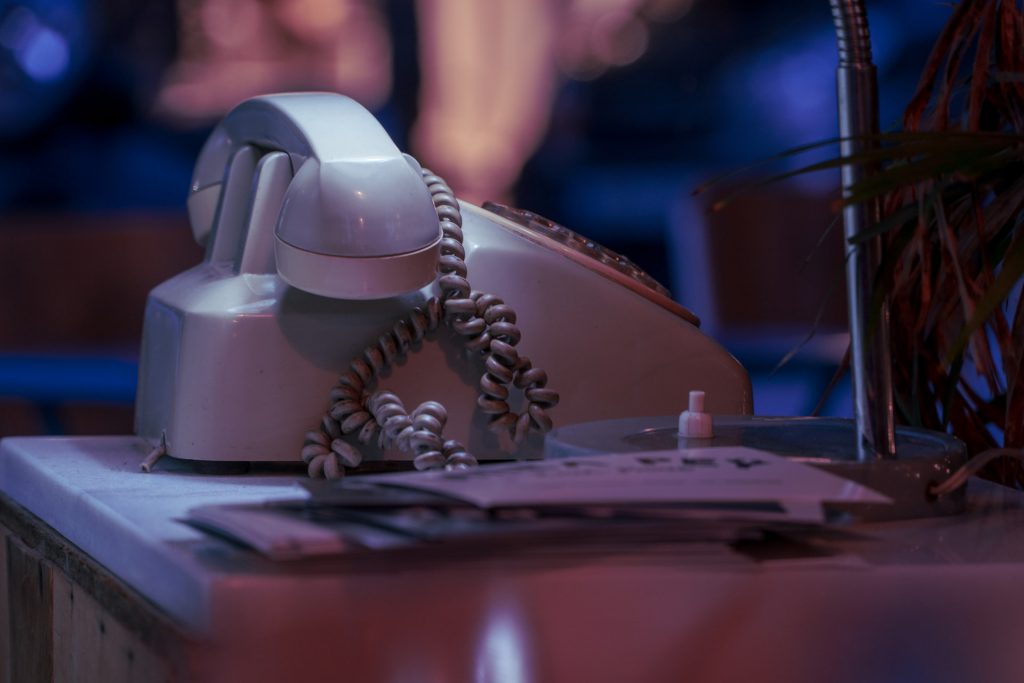
If you’re unsure about buying an amplified phone outright or are looking for a more portable solution, an in-line telephone amplifier can be a cheap, effective option. Compatible with most landline phones, they’re commonly attached between the phone’s receiver and its base. Depending on your choice of amplifier and telephone, they can boost your handset and ringtone volume by between 20 and 40dB without sacrificing clarity.
A portable telephone amplifier might be very useful if you travel a lot for business or pleasure, or hot-desk at work. They’re usually inexpensive and easily attach to your phone’s handset, but don’t always pack the largest decibel-punch.
How Else Can I Hear Better on the Phone?
Sometimes, receiving a call from a person in a busy bar or windy street can produce a distracting level of background noise. However, many modern landline phones come with noise-cancelling technology built-in, which can be a boon to the hard-of-hearing and their friends.
If you’ve experienced a decrease in ease-of-use and enjoyment of your telephone despite wearing hearing aids, this may indicate a malfunctioning hearing device or deteriorating ear health. It always helps to speak to a trained audiologist for advice, especially if you’re unsure which features you need for your amplified phone or require assistance using the telephone while wearing hearing aids.
Another option might be to ditch the landline completely and go completely mobile – nowadays, only 6.5% of U.S. households have a landline only! Smartphones have become the dominant and preferred method of communication for millions, and most modern smartphones have a variety of downloadable apps and functions designed to assist those with hearing loss.
The information in this guide has been written using the following reliable sources:
https://www.healthyhearing.com, https://www.agxhearing.com, https://hearingamplifiers.co, https://www.nhs.uk, https://nationalinterest.org

